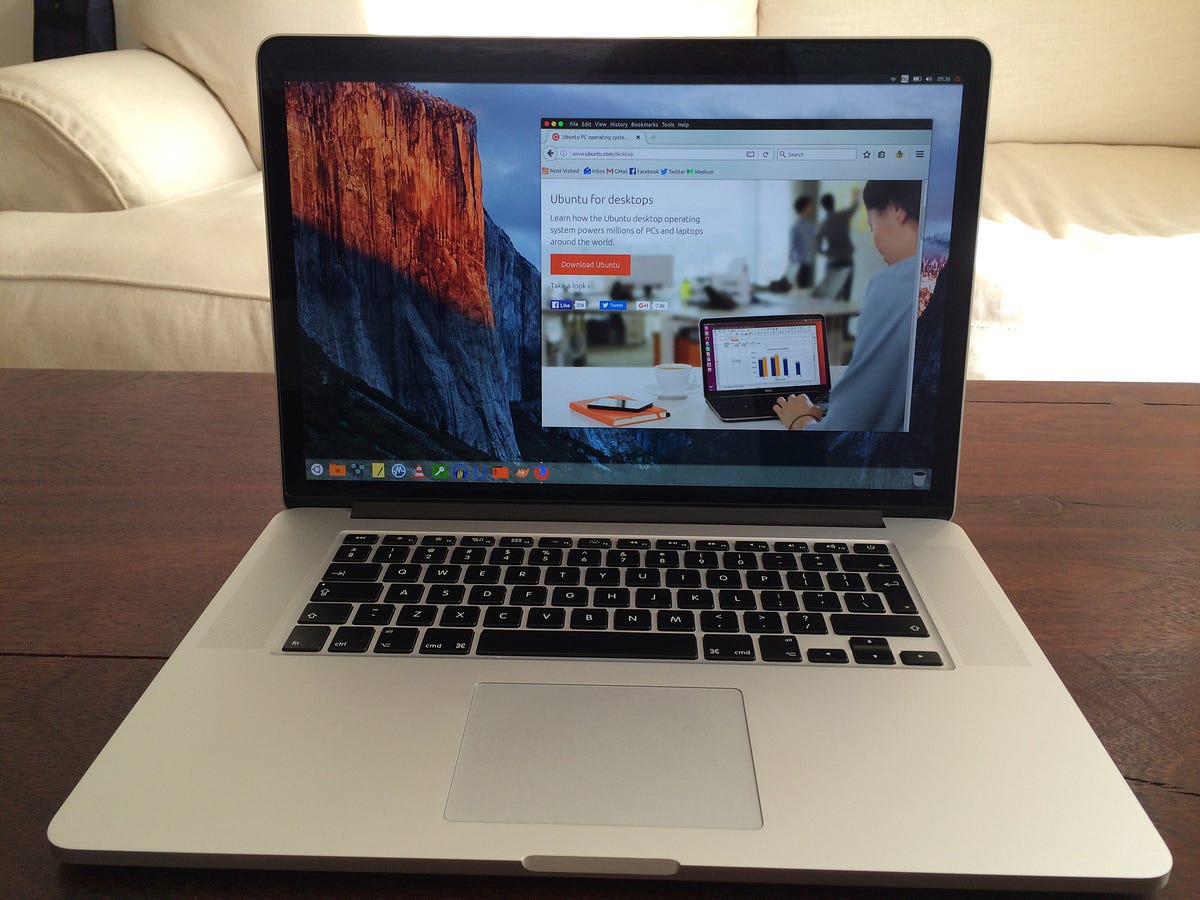EDIT: I just ran lsmod in the terminal and this was listed cp210x 24576 0 So maybe it is already installed and I don't have to do anything/something else is keeping the GPS from communicating with the program? Is there anything special that would need to be done to allow it to work with Wine? I'm new to Linux/Ubuntu, so I'm sorry this is sort of stupid. I have a GPS for geocaching and to use it, you need the CP210x driver from Silas Labs. I saw there was a Linux driver and thought that would work, however, I'm confused by the 'build notes.'
It doesn't have the exact code to copy into the terminal (or have a convenient installation package:) ). In Ubuntu 17.10, these kernel modules are already there. To see if they exist on your 14.04 system, in terminal do. Ls -al /lib/modules/'$(uname -r)'/kernel/drivers/usb/serial/usbserial.ko ls -al /lib/modules/'$(uname -r)'/kernel/drivers/usb/serial/cp210x.ko or modinfo usbserial # get info on this kernel module modinfo cp210x # get info on this kernel module To manually load them, so you can try access from Ubuntu, do: sudo modprobe usbserial # load this kernel module sudo modprobe cp210x # load this kernel module Whether or not these modules will allow a Wine program to access the device is unknown. However access from Ubuntu is likely. If those two files don't exist, then you'll need to compile your source code yourself.

Assuming that a file named Linux-3-x-x-VCP-Driver-Source.zip exists on your desktop. Note: because of this manual method of installation, this will have to be done every time the kernel gets updated via Software Updater. In a Files (Nautilus) window, right-click on the Linux-3-x-x-VCP-Driver-Source.zip file that you downloaded, and select extract here.
You'll end up with a folder named Linux-3-x-x-VCP-Driver-Source. Cd /Desktop # change directory to Desktop cd Linux-3-x-x-VCP-Driver-Source # change directory to the cp210x folder, adjust name if necessary make # compile the source code cp cp210x.ko to /lib/modules/'$(uname -r)'/kernel/drivers/usb/serial/ # copy the file to the system area sudo modprobe usbserial # load this kernel module sudo modprobe cp210x # load this kernel module.
Linksys Linux Drivers
Install drivers for USB-to-Serial A prerequisite to program ESP8266-based modules usually is to establish a communications channel from your development platform (PC, Mac, Linux) to the device over USB. This in turn requires your system to detect the USB-to-Serial (aka USB-to-TTL, aka USB-to-UART) adapter on the ESP8266 module. There are two commonly used adapters in the wild these days:. Silicon Labs CP210x.
Winchiphead CH340x / CH341x Popular modules that use the former are the NodeMCU v1.0 (i.e. V2) module and some revisions of the WeMos D1 mini Pro. Examples of modules that use the CH340G chip are the WeMos D1 mini and the D1 mini Lite. Note that there is no harm done if you install both drivers even if you currently just use one! If you are not sure which adapter your ESP8266 module uses then just install both.
Silicon Labs CP210x Silicon Labs maintains a that lists downloadable driver binaries that also contains installation instructions. Winchiphead CH340x / CH341x Winchihead (WCH) maintains its website only in Chinese.

Linux Drivers For Logitech Webcam
However, the is so simple that even non-Chinese speakers will find the right download link.